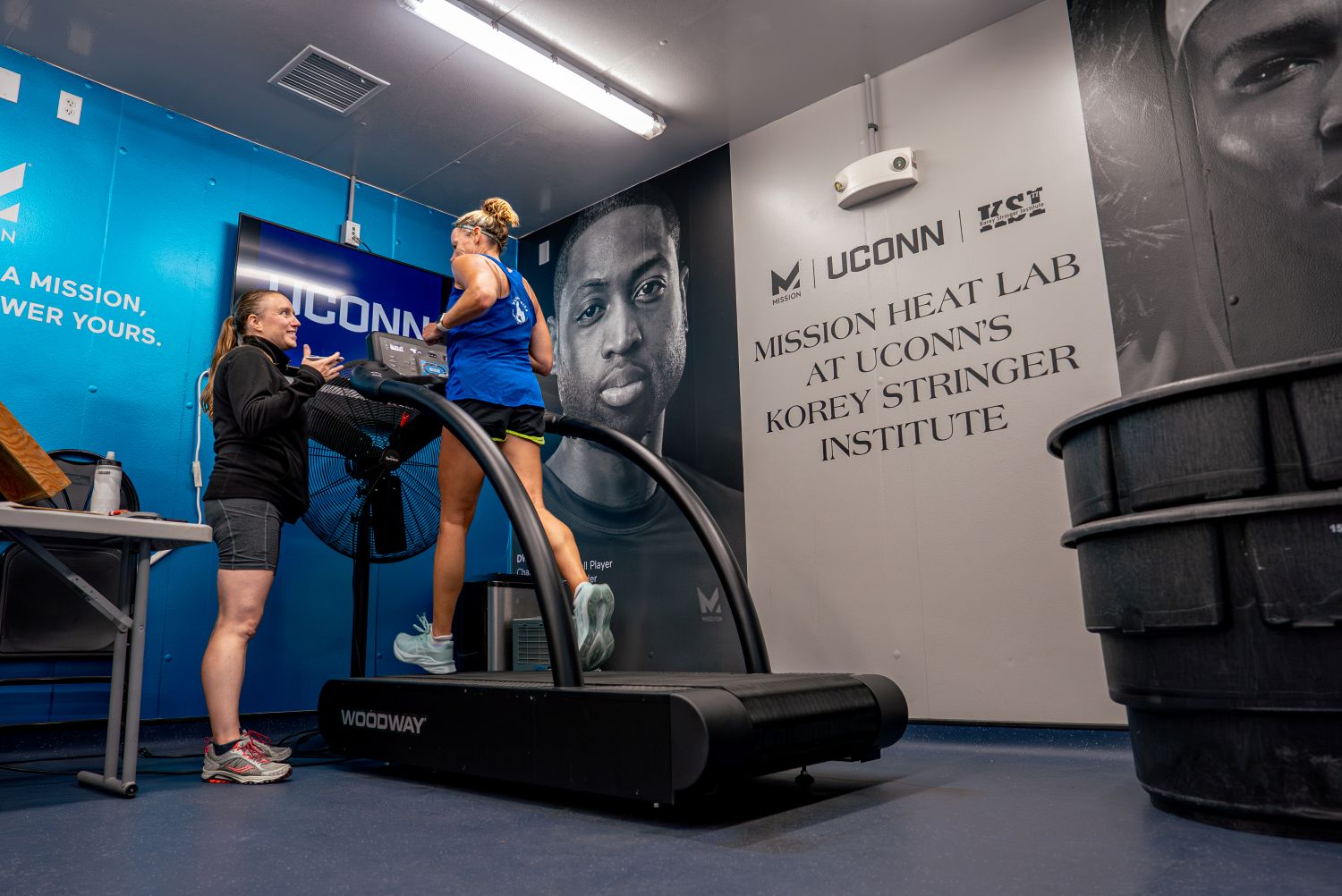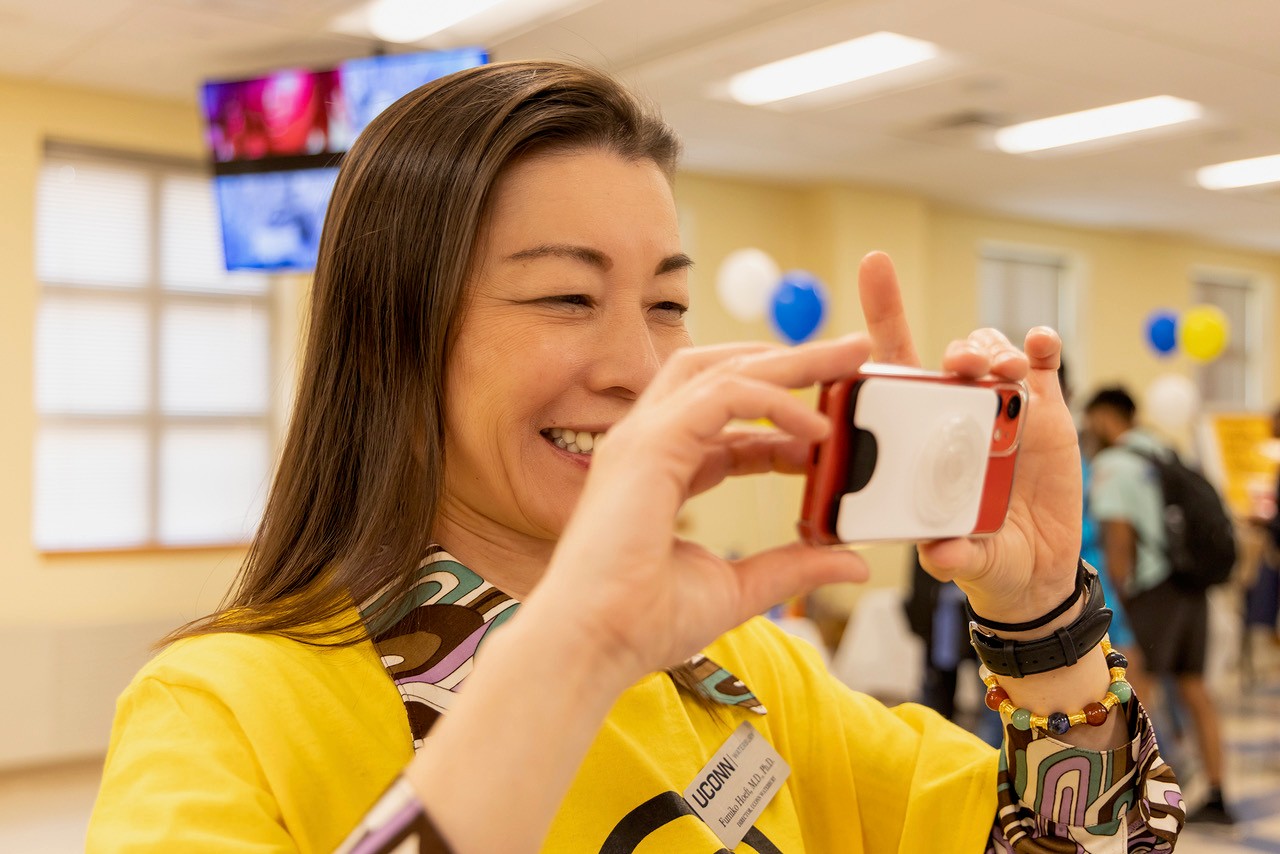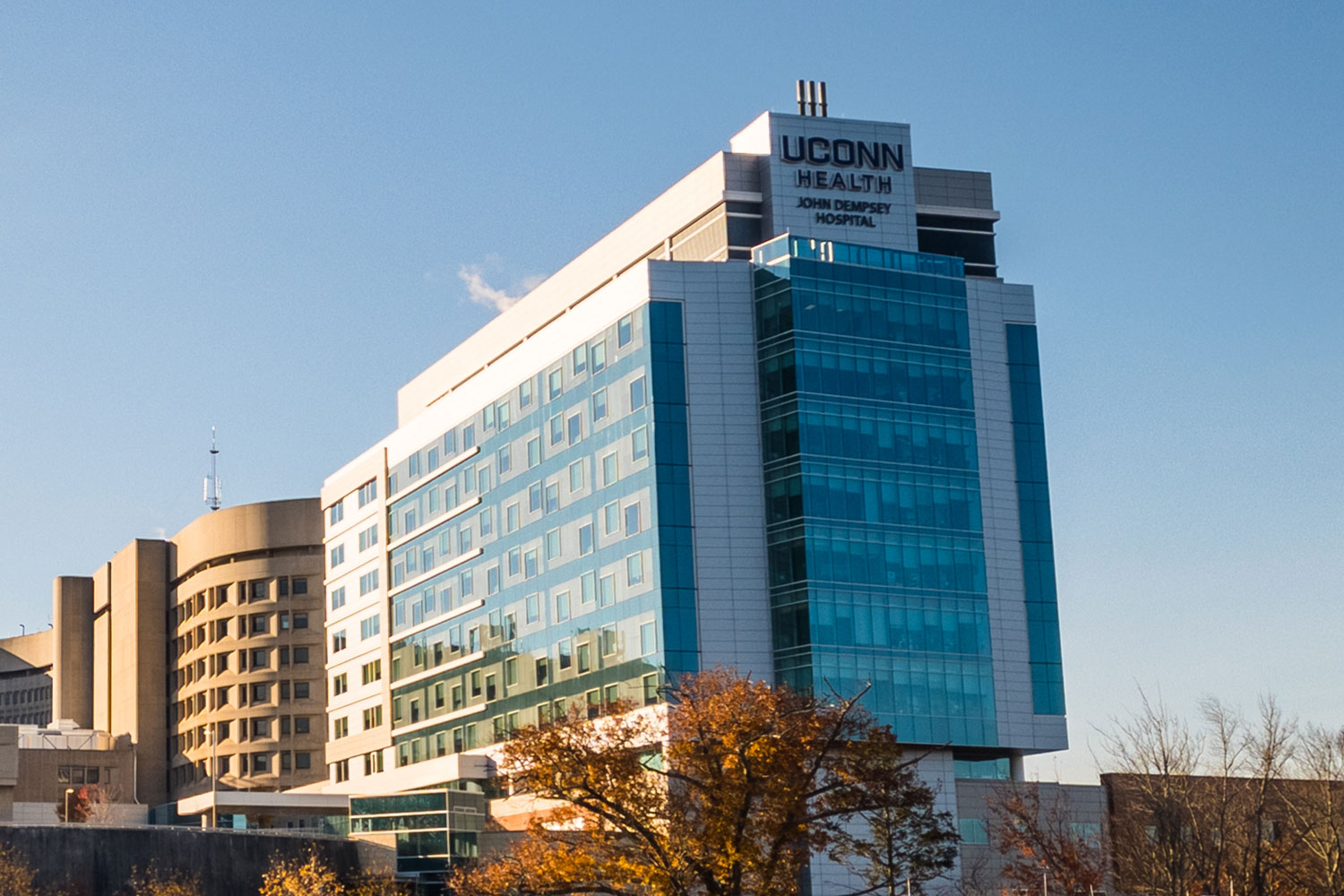
There’s a revolution underway in study abroad programs at the University of Connecticut and colleges across the nation, with the numbers of undergraduates learning in other countries rising dramatically.
The philosophy behind the programs is changing rapidly too, from the long-held view that such trips were primarily forays for wealthy students to explore the capitals of old Europe to a more democratic approach in which students of all socio-economic levels take part to develop as global citizens.
That two-sided revolution is what prompted Ross Lewin, executive director of Study Abroad Programs at UConn, to spend the past two years compiling and editing what is believed to be the first comprehensive survey of research and best practices in the field of study abroad.
The 600-page book, The Handbook of Practice and Research in Study Abroad: Higher Education and the Quest for Global Citizenship (Routledge and the Association of American Colleges and Universities), was published in May.
In addition to an introduction by Lewin, it features a chapter he co-wrote on UConn’s Social Entrepreneur Corps in Guatemala and a chapter on creating study abroad opportunities for first-generation college students by Maria Martinez, director of UConn’s Center for Academic Programs; Bidya Ranjeet, director of Student Support Services at UConn; and Helen Marx, an adjunct professor in UConn’s Neag School of Education.
“This is the most exciting time in the history of study abroad programs,” says Lewin. “I wanted to produce a book to help the field of study abroad become more academic.”
Though Lewin writes that the number of Americans studying abroad remains “appallingly low,” he says those ranks are expanding quickly. In 1994, 74,000 American college students studied abroad; last year, the number had risen to 250,000. Congress has set a goal of having 1 million Americans learning in other countries by 2016, Lewin says.
A More Democratic Approach
Once largely the domain of the humanities, study abroad programs at UConn and other universities now include students in business, engineering, education, pharmacy, and nursing.
Provost Peter Nicholls has challenged Lewin, who came to UConn in 2004 after running a similar program at the University of North Carolina, to dramatically increase the percentage of UConn undergraduates studying abroad over a 10-year period.
When Lewin arrived in Storrs, about 7 percent of UConn undergraduates studied abroad; this year, about 18 percent of students – or about 780 – had participated in study abroad by the time they graduated.
UConn undergraduates now learn in 65 countries.
“Everywhere from Germany to Ghana, from Mexico to Mongolia, from Britain to Belize,” says Lewin, who recently returned from China, where he is planning a new exchange program.
A focus of Lewin’s handbook is how universities can improve their study abroad programs and make developing students as global citizens a core part of their mission.
It features 70 authors exploring the definition of global citizenship; how to align study abroad with the mission of the academy; institutional challenges for fostering global citizenship; and seven case studies of successful study abroad programs.
One of those is UConn’s Student Support Services’ program with the University of Liverpool, which was started in 2001 to encourage more low-income, minority, and first-generation college students to learn abroad.
Since then, about 10 students a year have spent three weeks during the summer studying the slave trade and touring England with a counselor from UConn, Martinez says. The most recent group of 11 students left for Liverpool on May 16.
Martinez, Ranjeet, and Marx write in Lewin’s book of how the program overcomes the students’ fears about the cost of studying abroad and the obstacles they face. Cost is a major hurdle, says Martinez, and many low-income and minority families don’t want their children studying abroad because they rely on the students for translating, transportation, babysitting, and financial help.
Federal funds and other scholarships reduce the out-of-pocket contribution for the Liverpool trip to $800 per student.
The payoff for the students is immeasurable, Martinez adds.
“They are different people when they come back,” she says. “One of our counselors says they even walk differently because they have so much more confidence.”
Lewin says studying abroad matures all students, gives them a greater sensitivity to other cultures, and will likely make them more marketable when they seek jobs after graduation.
“Employers want someone who has a broad horizon,” he said. “These students know how to thrive in a different environment. They are very adaptable.”


